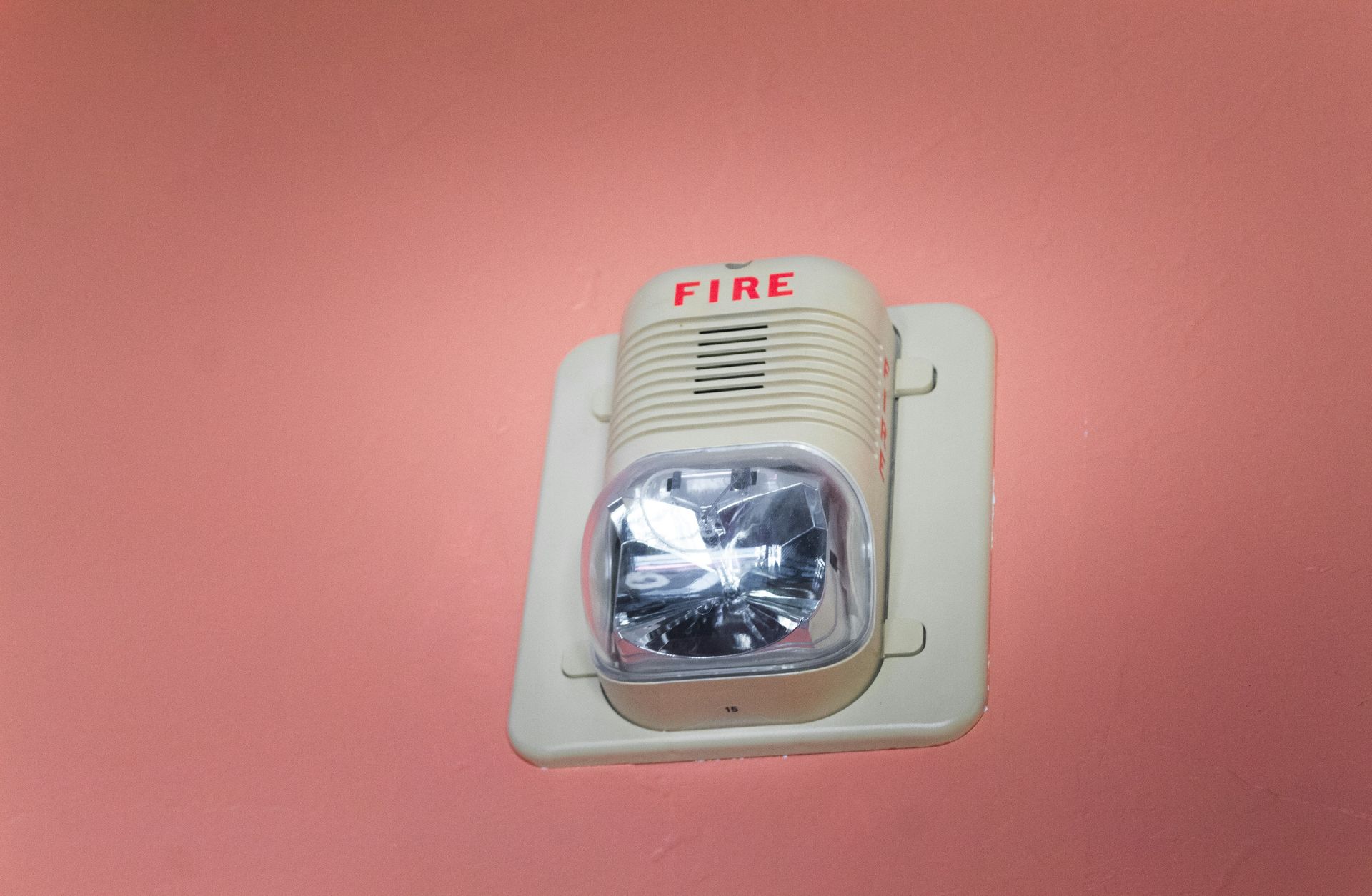How to Choose the Right Fire Alarm System for Your Business
Fires spread fast, learn how strong fire alarms can help.

A fire spreads fast and can cause serious damage before anyone reacts. Without a strong alarm system, businesses face financial loss, injuries, and worse. Many ignore fire safety until disaster strikes. The right system detects danger early and stops small issues from turning into major emergencies. Choosing the best one means knowing your building’s layout, fire risks, and the latest technology.
Identifying Fire Risks
Every business has different fire hazards. A restaurant with open flames and hot grease needs a system that responds quickly to heat and smoke. Warehouses storing flammable materials require advanced detection to catch fires before they spread. Offices and retail spaces need reliable smoke alarms that can alert employees and customers in time. Assessing the risks in your building helps determine the best system for complete protection.
Types of Fire Alarm Systems
Fire alarm systems come in different types, each suited for specific business needs.
● Conventional Systems: Ideal for small businesses, these systems divide buildings into zones. When an alarm goes off, the system identifies the affected zone but not the exact location of the fire.
● Addressable Systems: These systems pinpoint the exact location of an alarm, allowing emergency responders to act faster and reduce damage. They work best for larger properties.
● Wireless Systems: A good option for businesses that want flexible installation. Wireless fire alarms use radio signals to connect detectors, making them easier to install in older buildings.
● Hybrid Systems: These combine wired and wireless features for businesses that need flexibility and reliability.
Choosing the Right Detectors
Fire alarm systems use different detectors to identify danger. The best option depends on the business type and building layout.
● Smoke Detectors: Offices, retail spaces, and hotels use these to catch smoke before a fire spreads. ● Heat Detectors: Kitchens and industrial spaces rely on these since smoke is common, but fire risk remains high.
● Carbon Monoxide Detectors: Businesses with fuel-burning equipment need these to detect harmful gas leaks before they cause poisoning.
● Flame Detectors: Chemical plants and manufacturing facilities install these to spot open flames immediately.
System Monitoring and Alerts
An effective fire alarm system does more than sound an alarm. Many businesses connect their systems to monitoring services that alert emergency responders immediately. Some advanced systems also integrate with sprinklers, access controls, and security cameras. Smart systems allow business owners to receive real-time alerts on their phones. This guarantees quick action even when the building is unoccupied.
Compliance with Fire Safety Regulations
Fire alarm systems must meet local and national safety codes. Businesses need to follow regulations set by the National Fire Protection Association (NFPA) and Occupational Safety and Health Administration (OSHA). Proper installation and routine inspections keep systems compliant and effective. Insurance companies may also require businesses to have specific fire safety measures in place. Choosing a system that meets legal and insurance requirements helps avoid fines and liabilities.
Maintenance and Testing
A fire alarm system must work at all times. Regular maintenance ensures that detectors, control panels, and alerts function properly. Many businesses schedule professional inspections to check for faults, replace batteries, and update system software. Routine fire drills also help employees respond quickly in an emergency. Testing the system prevents failures when it matters most.
Investing in the right fire alarm system protects your business, employees, and property from disaster. It also creates a safer environment for everyone in the building. At On Pointe Security, we design fire alarm systems tailored to your needs. Contact us for a free consultation at (207) 509-3531

